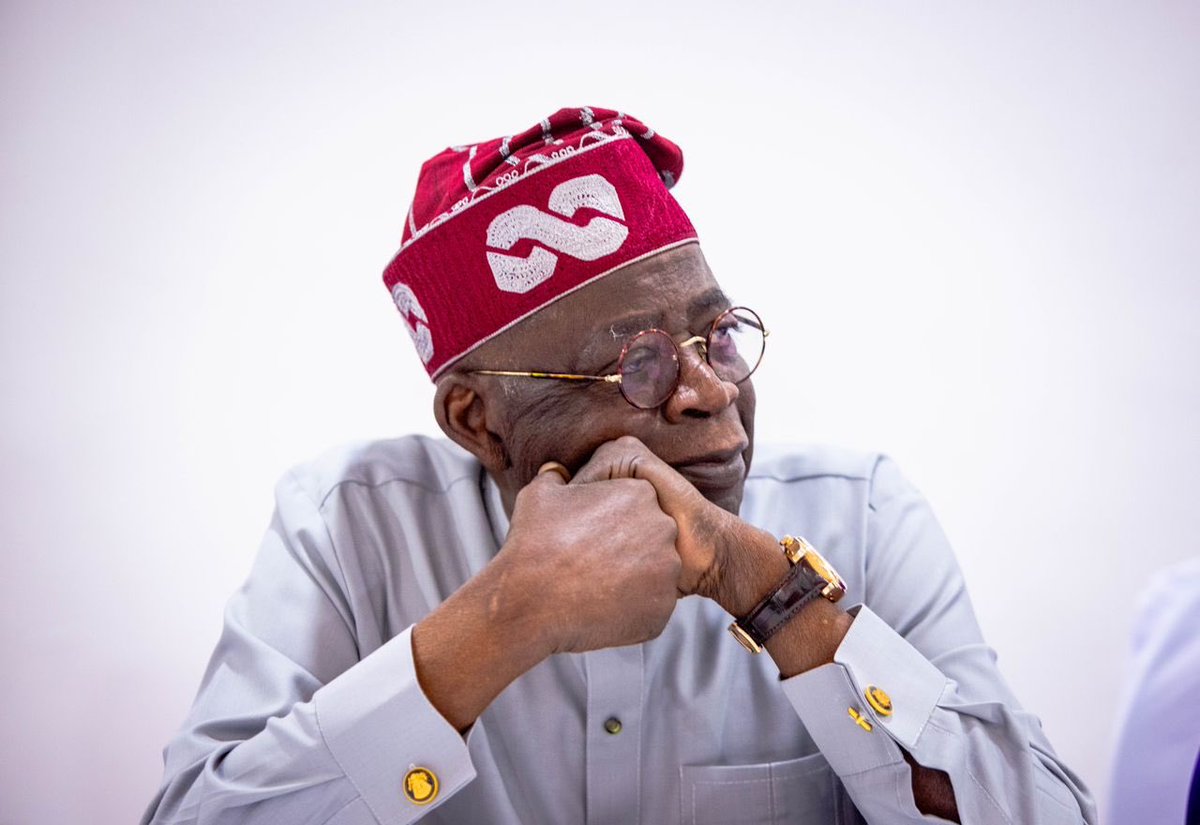From Abel Leonard, Lafia
As the 2027 general elections approach, the political atmosphere in Nasarawa State is gradually heating up, with permutations already flying across the political landscape. At the centre of discussions is the growing national influence of certain political figures who have begun positioning themselves for the governorship ticket.
However, several political observers, stakeholders, and analysts argue that any move to impose candidates from outside the state’s grassroots dynamics could destabilise the political balance and may not necessarily align with President Bola Ahmed Tinubu’s long-term political strategy.
Some aspirants are widely seen as enjoying support from the national level, riding on the wave of political inclusion and party expansion championed by the Tinubu administration. While this national spotlight may serve as a plus, it does not automatically translate into grassroots support back home in Nasarawa State.
There’s a growing sentiment among stakeholders that President Tinubu must resist the temptation to upend Nasarawa’s internal political balance by influencing candidate emergence through the Villa. The whispers of imposition raise not just questions about the suitability of such candidates but also about the party’s cohesion and sustainability in the state.
Though some aspirants possess national presence, repeatedly highlighting them gives undue publicity that could sway public perception—a perception that may not reflect sentiments on the ground. The political engine of Nasarawa is built on traditional alliances, grassroots mobilisation, and internal consultations, not on media presence or external endorsements.
Analysts believe that the APC at the national level must recognize that Nasarawa is not a state where electoral success can be dictated by Abuja. Over the years, the political tradition of Nasarawa has revolved around a tripod of fairness, grassroots consensus, and respect for the rotation principle. The 2027 election presents a critical test of this unwritten understanding.
A Note of Caution to the Villa
Political observers have cautioned that as President Tinubu cements his legacy across the country ahead of 2027, Nasarawa stands as a litmus test. “He must resist pressure from close allies or political associates who seek to anoint preferred candidates without consultations. Leadership is not about favouritism; it is about safeguarding the party’s future.”
“The warning signs are already there. Imposing a candidate—especially one with more visibility nationally than locally—risks alienating the APC base in Nasarawa.” “It could create a vacuum that opposition parties will exploit, especially in a state known for swinging when the ruling party is divided.”
A political scientist from the Federal University of Lafia stressed that “It is not enough to have a candidate that can speak on television or navigate the halls of the National Assembly.” “The 2027 battle will be fought on the streets of Nasarawa, in polling units and markets, in palaces and places of worship. Only someone who understands this terrain can lead successfully.”
“President Tinubu must encourage free, fair, and credible primaries within the APC in Nasarawa State. The will of the people—expressed through the party structure—must be respected.” “Any act of imposition may be seen not just as an affront to the party but a personal disregard for the state’s political wisdom.”
However, there is a growing conversation of equity and regional fairness. Political observers argue that in the spirit of justice and rotation, 2027 should be the turn of Nasarawa West. This is no longer just a zoning demand—it is a call for strategic electoral sense.
With the largest voter population, highest polling strength, and robust political intelligence, Nasarawa West deserves the opportunity to produce the next governor. Any attempt to bypass this reality may lead to voter apathy or direct protest votes in the general election, which could cost the APC dearly.
The principle of natural justice transcends politics; it speaks to the conscience of the people. Nasarawa West Senatorial District had produced a candidate once in the person of a former governor who served for 8 years and handed over power to Nasarawa South, which ruled for another 12 years through two successive administrations. The North is currently serving its term.
The Nasarawa West Senatorial District, home to key local governments such as Keffi, Karu, Kokona, Nasarawa, and Toto, has been pivotal in campaign mobilisations during past elections. Yet, the region has waited patiently for its turn to govern the state again after over two decades. Denying this region another opportunity, despite its overwhelming numerical strength, would be politically suicidal.
Strategic voting patterns show that Nasarawa West not only delivers votes but also influences adjacent zones. From polling unit coordination to ward-level structure, the district possesses a formidable political base that no serious party can afford to take for granted.
In the same development, political analysts have emphasised why the APC must critically examine the credentials of all aspirants before making any decisions. There is a strong plea by party chieftains and stakeholders that aspirants must emerge through a transparent and inclusive process that reflects local reality, not the dictates of the Villa.
Among those being considered, emphasis is being placed on credibility, grassroots engagement, leadership experience, and broad acceptability across ethnic and religious divides. These are the pillars upon which electoral victory rests in Nasarawa State.
In contrast, technocratic brilliance without street-level connection or prior electoral participation is viewed by stakeholders as risky at a time when the state’s political fabric is highly dynamic and competitive.
According to pundits, “The case is clear: if Governor Abdullahi Sule wants to maintain a strong APC base in Nasarawa, the 2027 ticket must reflect regional justice, electoral intelligence, and grassroots acceptability.” It must not be influenced by Abuja lobbyists or national appointees with limited local roots.
Nasarawa deserves a governor who represents its true political DNA—electable, accessible, experienced and tested. That is the only path that guarantees continued relevance and victory for the APC in the state come 2027.

